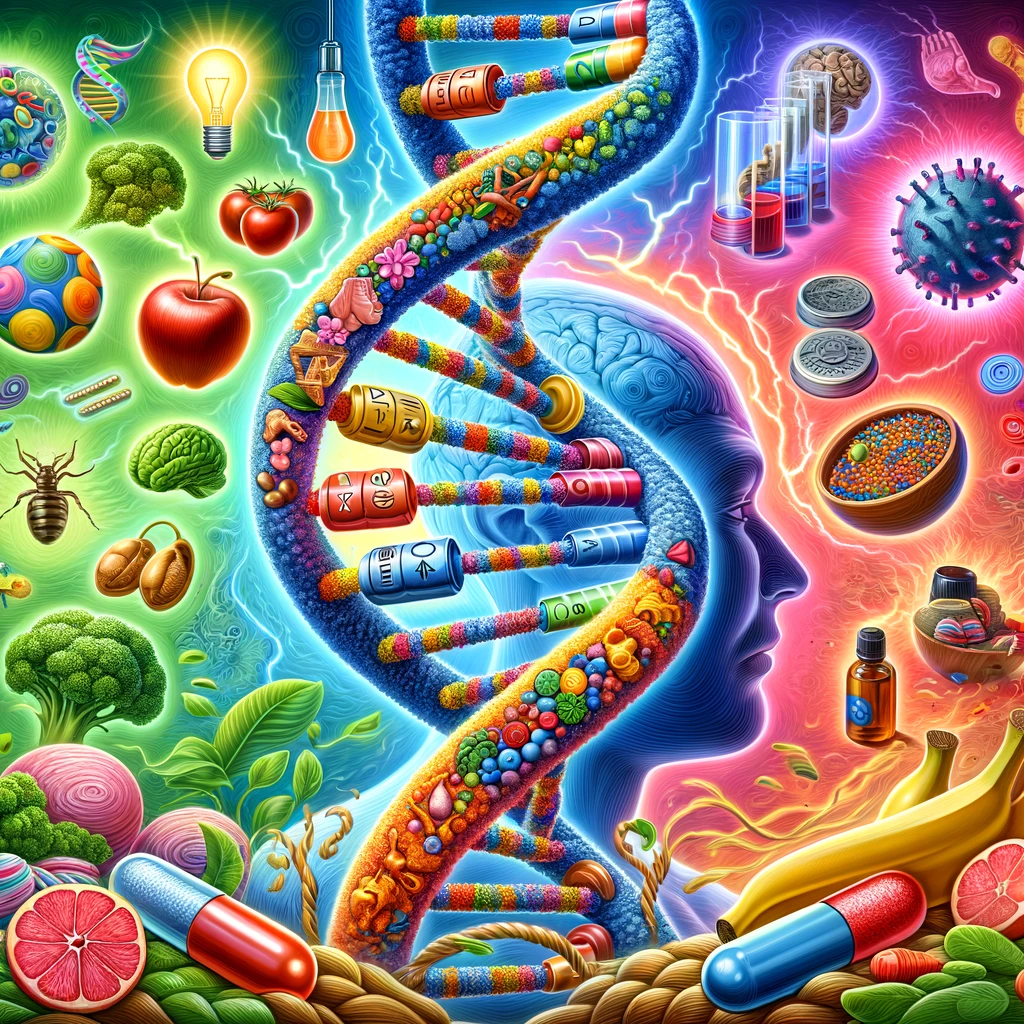Beyoncé’s Net Worth: A Journey to $800 Million

Beyoncé Giselle Knowles-Carter, an iconic figure in the music industry, has reached a staggering net worth of $800 million as of 2023. This article delves into the multifaceted career, social impact, and business acumen that have catapulted her to this financial pinnacle. Artistic Achievements Beyoncé’s artistic prowess has been recognized with numerous awards and accolades, […]
Is Vegan Really Healthy? A Deep Dive into Plant-Based Nutrition

The vegan lifestyle has surged in popularity in recent years, bringing with it a wave of questions about its health implications. Going vegan means eliminating all animal products from your diet, including meat, dairy, and eggs. This shift to plant-based eating is often driven by concerns for animal welfare, environmental sustainability, and personal health. But […]
Epigenetics – How to change your DNA

Epigenetics is a field of biology that studies changes in gene expression that do not involve alterations to the underlying DNA sequence—a change in phenotype without a change in genotype. These changes can affect how cells read genes and can have a profound impact on the organism. Key points about epigenetics include: 1. Mechanisms: Epigenetic […]

